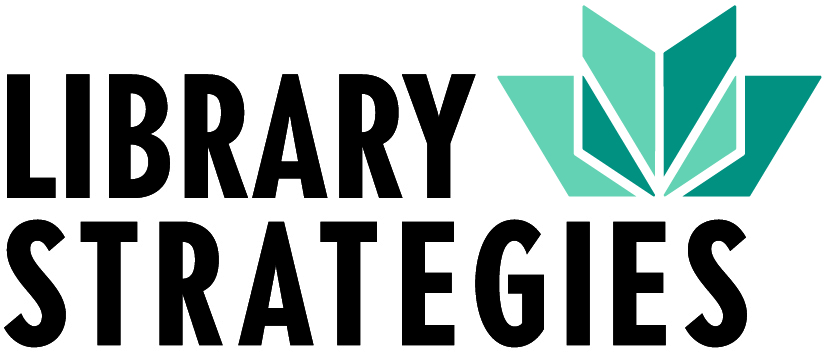Meeting and Mitigating Challenges: Part 3
In this third edition of our series about challenges facing the library, we’re going to walk right up to the elephant in the room and talk intellectual freedom and, specifically, how the library board interacts with this bedrock library concept. Ideally, the library board is comprised of citizens who are passionate about their community and invested in the library and its mission, but you also might wind up with trustees who are deeply embedded in their community without much experience with libraries outside of picking up books.
I put some questions to our consultant Catherine Alloway who does many board trainings on our behalf. Specifically, I asked her about misconceptions, the role of the board, and their mission when it comes to “challenging” and “challenged” material. Catherine offered her valuable insights about what makes for a solid trustee and the ways in which they are vital for keeping libraries places of nuance in a rhetorical environment that seems intolerant of grey areas.
Catherine begins her trainings by focusing on four roles that trustees play for the library: Booster, Strategist, Counselor, and Ambassador. She considers the “booster” role to be one of the most important when it comes to maintaining intellectual freedom, writing:
“The ‘Booster’ role requires that trustees get to know the library’s work, mission, values, and key documents. They must become acquainted with the library’s collection development policy and procedures for handling a request to remove material from the collection. Ideally, this is done BEFORE a protest, so they are calmer and clearer when a controversy ensues. They must also learn about meeting room policy, and how controversial groups, including political, hate and religious groups, have the right to use the library’s meeting rooms provided they meet the library’s procedure requirements.”
Good trustees learn and understand the vital role libraries play in freedom of speech and should be prepared to face controversies over materials and controversial meeting room use.
As illustrated by United for Library’s Intellectual Freedom and Censorship terms guide:
“In expressing their opinions and concerns, would-be censors are exercising the same rights librarians seek to protect when they confront censorship. In making their criticisms known, people who object to certain ideas are exercising the same rights as those who created and disseminated the material to which they object. Their rights to voice opinions and try to persuade others to adopt those opinions is protected only if the rights of persons to express ideas they despise are also protected. The rights of both sides must be protected, or neither will survive.”
Catherine points out that because library collections are for an entire community, libraries have an imperative to shelve materials that might create controversy. She cites the example of the book Gender Queer: “If a book like Gender Queer is deemed inappropriate for a school library, the public library should keep it – precisely BECAUSE there is a community controversy, and people on both sides of the issues need access to the item for reasonable debate, review and outcome.”
Even if it feels like the ideal of “reasonable debate” is getting stretched close to rupture, Catherine’s point still illustrates how important the role of the library (and the awareness of the trustee) is in guiding and maintaining a healthy, democratic society. To quote Catherine again: “A trustee can be a “counselor” and support library staff during intellectual freedom challenges. Many librarians are targets for name calling, false accusations, and have lost jobs as they have defended the presence of a book in their library collection.”
It is important that board members understand these stakes and feel motivated by the library’s mission. Libraries are not striving for “neutrality,” but a deep commitment to intellectual freedom. The library as a place that allows for a fuller perspective on our shared human experience may seem like a quaint expression in times as polarized and cynical as these, but it is an outlook that continues to inspire our work with libraries. The cross-community representation of a strong and engaged library board should be a visible form of that connection.
Contact us if you’re interested in setting up a board training.
